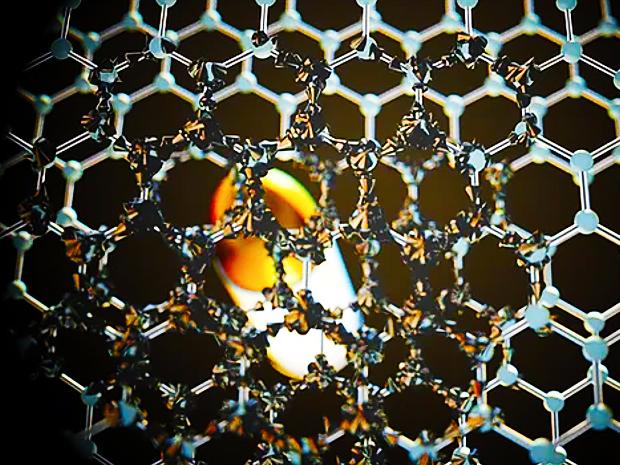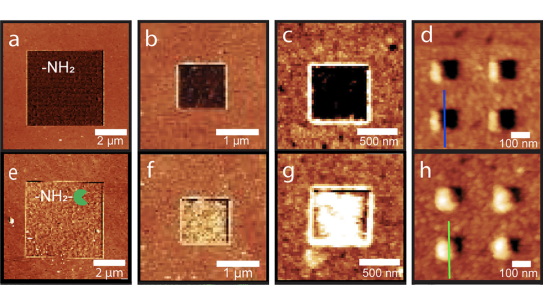Nanotechnology Based Biosensors and Wearables Devices for Medical Applications

Speaker:
Elisa Riedo, PhD
Professor, Depts. of Chemical & Biomolecular Engineering and Physics
New York University, Tandon School of Engineering
Abstract:
The ability to precisely control the localization of enzymes on a surface is critical for several applications including biosensing, bionanoreactors, and single molecule studies. Despite recent advances, fabrication of enzyme patterns with resolution at the single enzyme level is limited by the lack of lithography methods that combine high resolution, compatibility with soft, polymeric structures, ease of fabrication, and high throughput. Dr. Riedo’s group has recently developed a method to generate enzyme nanopatterns on a polymer surface using thermochemical scanning probe lithography (tc-SPL). Electrostatic immobilization of negatively charged sulfonated enzymes occurs selectively at positively charged amine nanopatterns produced by thermal deprotection of amines along the side-chain of a methacrylate-based copolymer film via tc-SPL. This process occurs simultaneously with local topographical patterning of the same polymer, offering lateral and vertical resolution of sub-10 and vertical 1 nm, respectively, and high throughput at 5.2 Å~ 104 μm2/h). The enzyme density, the surface passivation, and the quasi-3D arbitrary geometry of these patterned pockets are directly controlled during the tc-SPL process in a single step without the need of markers or masks. Other unique features of this patterning approach include the combined single-enzyme resolution over mm2 areas and the possibility of fabricating enzymes nanogradients.
Elisa Riedo graduated summa cum laude in Physics at the University of Milano, and obtained a Ph.D. in Physics in 2000 with a joint thesis between the University of Milano, and the European Synchrotron Research Facility (ESRF) in Grenoble, France. After a postdoctoral fellowship at the Ecole Polytechnic Federale de Lausanne in Switzerland, she was hired as Assistant Professor in the School of Physics at the Georgia Institute of Technology, where she was promoted to full Professor in 2015. Subsequently she joined NYU, where she directs the Pieco-Force Lab and is the Chief Inclusivity Officer. She is known for her pioneering work in thermal scanning probe lithography (tSPL), a novel and sustainable nanofabrication technique with applications in biomedicine. She has also made fundamental contributions in nanomechanics, graphene, diamene, 2D materials, and nano-confined water. A a Fellow of the American Physical Society, she is widely published, and has received multiple grants from the NSF, DoE, and DoD


